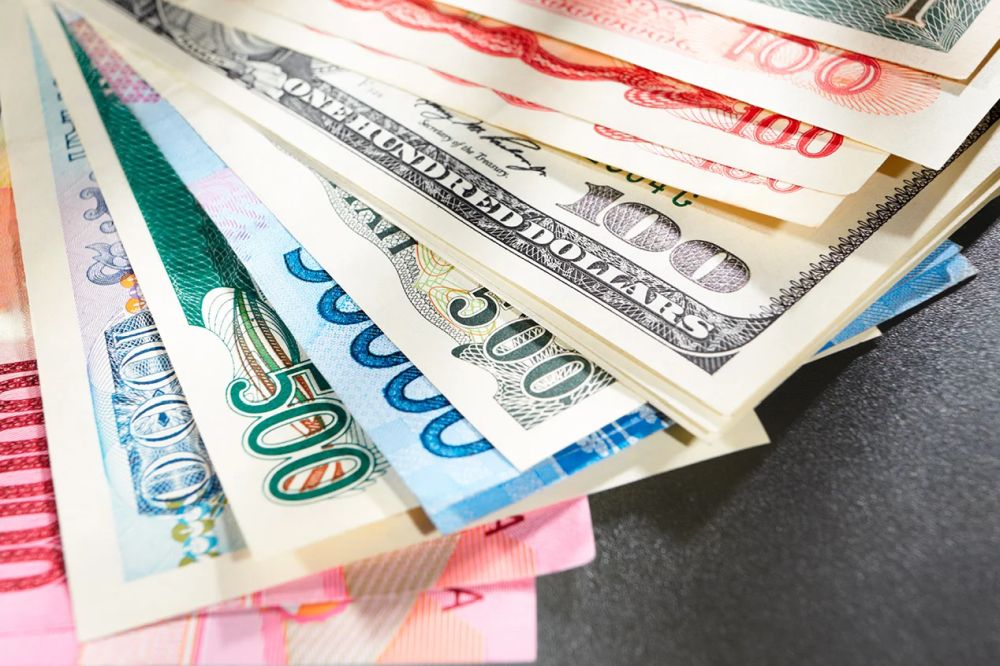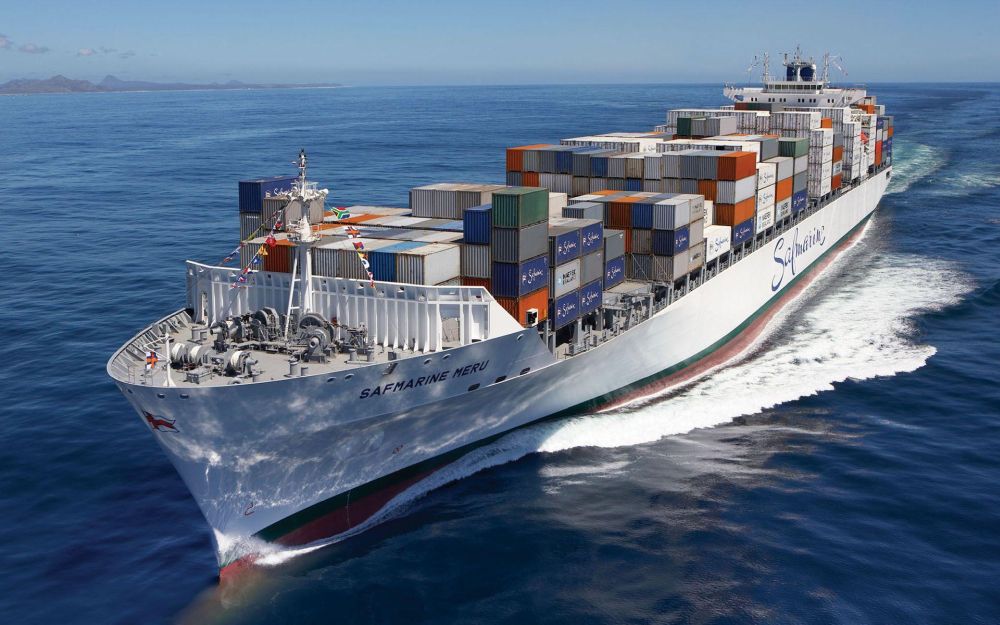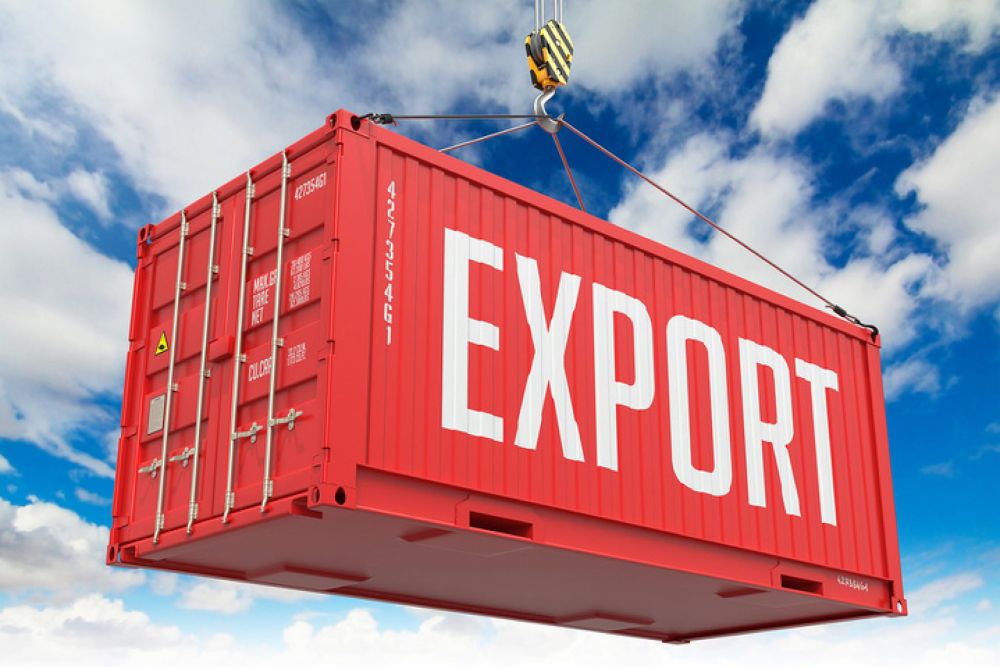Currency exchange rates, representing the value of one currency in relation to another, serve as a critical determinant in the realm of global trade, influencing the economies of nations worldwide. These rates, which reflect the relative strength and purchasing power of currencies, directly impact the dynamics of international trade, dictating the price of exports and imports, as well as the overall competitiveness of businesses operating across national borders.

When a nation’s currency undergoes a period of strengthening, the resulting shift in value leads to an increase in the cost of goods and services exported to other countries. Consequently, this may lead to a decrease in demand for those exports, as they become more expensive for foreign consumers and businesses. In contrast, a stronger domestic currency renders imports more affordable, potentially driving up the volume of products brought into the country. This interplay between the cost of exports and imports can ultimately result in a trade deficit, characterized by an imbalance in which imports outweigh exports.

On the other hand, a weakened domestic currency fosters a competitive advantage for exports, making them more attractively priced in international markets. This can, in turn, boost the volume of exports and contribute to the decline of the trade deficit or even the emergence of a trade surplus. Conversely, a weaker currency renders imports more costly, potentially discouraging consumers and businesses from purchasing goods produced overseas.

In the globalized economy, the effects of fluctuating currency exchange rates extend beyond the realm of exports and imports, influencing the profitability of multinational corporations that conduct business across various currencies. For example, a company that earns revenue in a foreign currency that weakens in comparison to its domestic currency may experience a reduction in profits when those earnings are converted back into the home currency. Thus, the dynamics of currency exchange rates necessitate careful attention and strategic planning on the part of both government policymakers and business leaders, as they navigate the challenges and capitalize on the opportunities presented by the ever-evolving global economic landscape.

